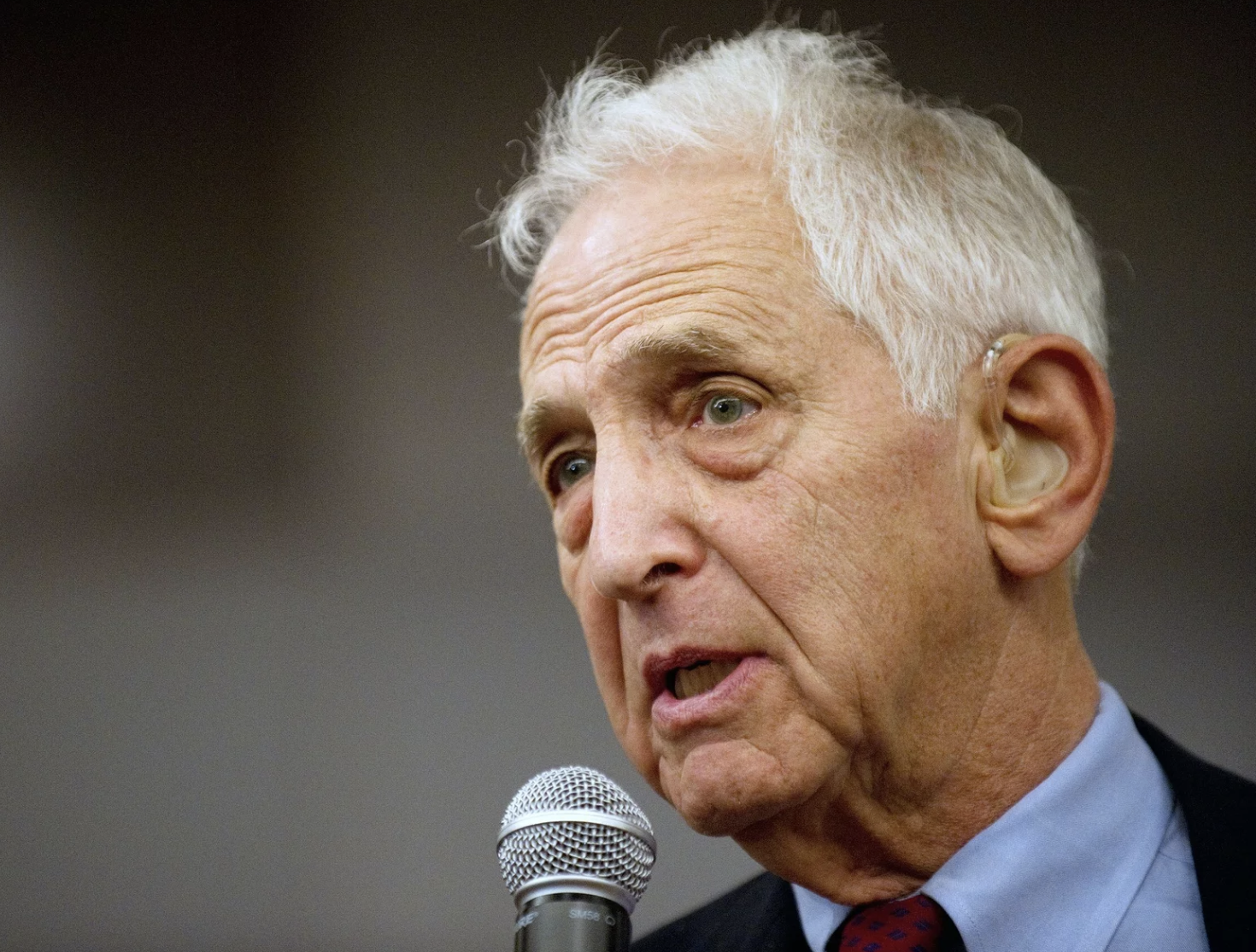
At 91, Daniel Ellsberg is certain of many things. One of them is that unofficial leaks of government documents are fundamental to keeping a check on the most powerful operators of our society.
"Unauthorized disclosures are the lifeline of a republic," he told NPR during a phone interview from his home in Northern California.
And anyone who chooses to take on the burden of sharing such information in the public interest, "is doing this republic a very great service and helping it to remain a republic."
Ellsberg would know.
He was the person who in 1971 leaked the Pentagon Papers to The New York Times (until they were blocked by the courts from publishing the documents) then sneaked them to The Washington Post.
The study – officially called the Report of the Office of the Secretary of Defense Vietnam Task Force – chronicled decades of failed U.S. policy in Vietnam, and laid bare the ways in which the public was misled in how the war was conducted. Ellsberg was a national security analyst at the time and gained access to the classified documents using his top secret clearances.










